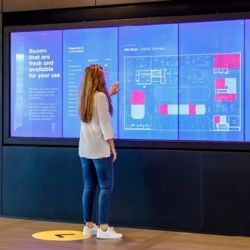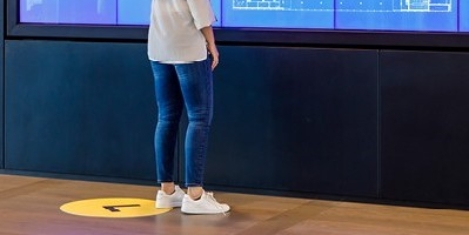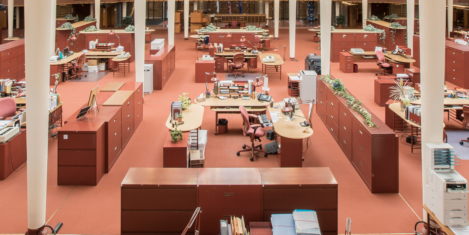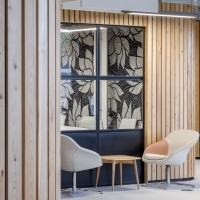October 1, 2020
EDGE adds building software to its portfolio of innovations
 Sustainable tech-led real estate pioneers EDGE have built upon their already impressive reputation as an innovator with the launch of a software platform that offers what the firm claims is a “seamless solution for optimising any office building’s performance”. It claims that EDGE Next allows “tenants and owners to transform their offices into smarter, healthier and more sustainable spaces in which people and companies can truly thrive”. The EDGE Next platform also sets out to ensure the wellbeing of employees by monitoring air quality and the numbers of people in a spaces, which it claims will make offices safer for work during the COVID-19 outbreak and beyond. (more…)
Sustainable tech-led real estate pioneers EDGE have built upon their already impressive reputation as an innovator with the launch of a software platform that offers what the firm claims is a “seamless solution for optimising any office building’s performance”. It claims that EDGE Next allows “tenants and owners to transform their offices into smarter, healthier and more sustainable spaces in which people and companies can truly thrive”. The EDGE Next platform also sets out to ensure the wellbeing of employees by monitoring air quality and the numbers of people in a spaces, which it claims will make offices safer for work during the COVID-19 outbreak and beyond. (more…)















 One in five Britons (19 percent) have become ‘kitchen table entrepreneurs’ during lockdown, either starting a business since March or putting plans in place to do so, claims new research by
One in five Britons (19 percent) have become ‘kitchen table entrepreneurs’ during lockdown, either starting a business since March or putting plans in place to do so, claims new research by 
 Fairness around office rota decisions and implementation is a top employee concern, claims new research by
Fairness around office rota decisions and implementation is a top employee concern, claims new research by 


















October 2, 2020
Time for businesses to establish more meaningful wellbeing initiatives
by Jolawn Victor • Comment, Wellbeing